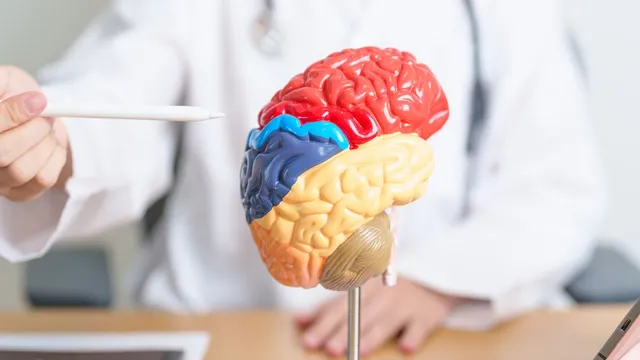- By Iram Hussain
- Tue, 25 Feb 2025 05:36 PM (IST)
- Source:JND
Brain health refers to the optimal functioning and well-being of the brain which enables individuals to think, learn and function effectively. Maintaining good brain health is crucial for cognitive function and overall quality of life. A healthy brain enables individuals to stay focused, productive and mentally sharp while also supporting emotional well-being and resilience. Conversely, poor brain health can have far-reaching consequences while affecting daily life, relationships and overall well-being. Thus, prioritising brain health becomes essential for living a happy, healthy and fulfilling life.
In a conversation with Jagran English, Dr. Atul Prasad, Vice Chairman & HOD, Neurology, BLK MAX Super Speciality Hospital listed seven key factors that impact one's brain health.
Factors That Impact Brain Health
1. Nutrition and Diet
A balanced diet rich in omega-3 fatty acids (e.g., fish, walnuts), antioxidants (e.g., berries, leafy greens) and B vitamins support cognitive function. Avoid excessive processed foods, sugar and trans fats which contribute to inflammation and oxidative stress. Hydration and gut health also play roles in neurotransmitter production.
2. Physical Activity
Regular aerobic exercises (e.g., walking, swimming) enhance blood flow, promote neurogenesis and reduce Alzheimer’s (Dementia) risk. Strength training and activities like yoga improve mood and protect against age-related decline.
3. Sleep Quality
Adequate sleep (7–9 hours for adults) allows the glymphatic system (waste disposal system of the Brain) to clear toxins like beta-amyloid. Poor sleep disrupts memory consolidation and increases dementia risk. Prioritise consistent sleep schedules and address disorders like sleep apnea (Cessation of sleep during sleep).
4. Mental Stimulation
Engage in lifelong learning, puzzles, reading or new skills to build cognitive reserve. Challenging activities strengthen neural connections, delaying decline and enhancing problem-solving abilities.
5. Social Engagement
Strong social ties reduce stress and depression while stimulating brain regions involved in empathy and communication. Isolation correlates with higher dementia risk, so prioritise meaningful interactions and community involvement.
6. Stress Management
Chronic stress elevates cortisol while damaging the hippocampus (critical for memory). Mindfulness, meditation and hobbies mitigate stress, improving emotional regulation and focus.
7. Environmental Factors
Limit exposure to toxins (e.g., air pollution, heavy metals) and avoid smoking/excessive alcohol. Protect against head injuries (e.g., helmets in sports) to prevent long-term damage. Manage chronic conditions like hypertension and diabetes which impair vascular brain health.
ALSO READ: Doctor Lists Major Signs Of Brain Fog That You Shouldn't Ignore
ALSO READ: 5 Frozen Foods To Incorporate In Your Meals For Good Brain Health

